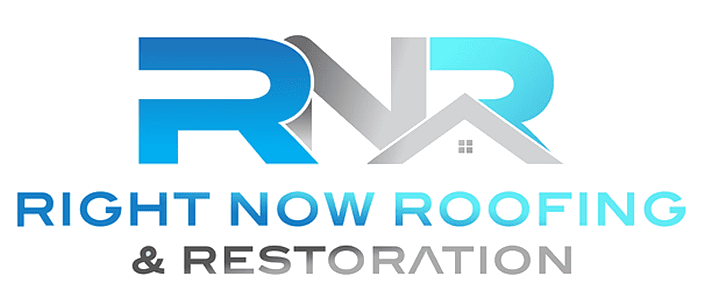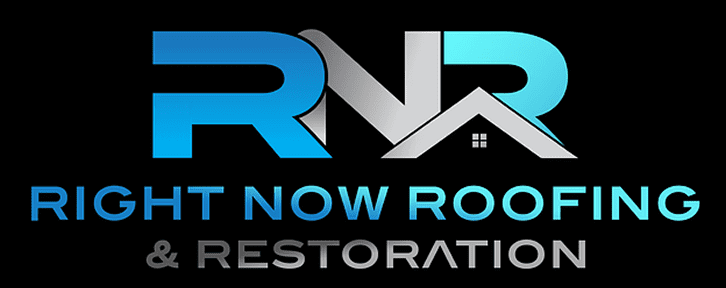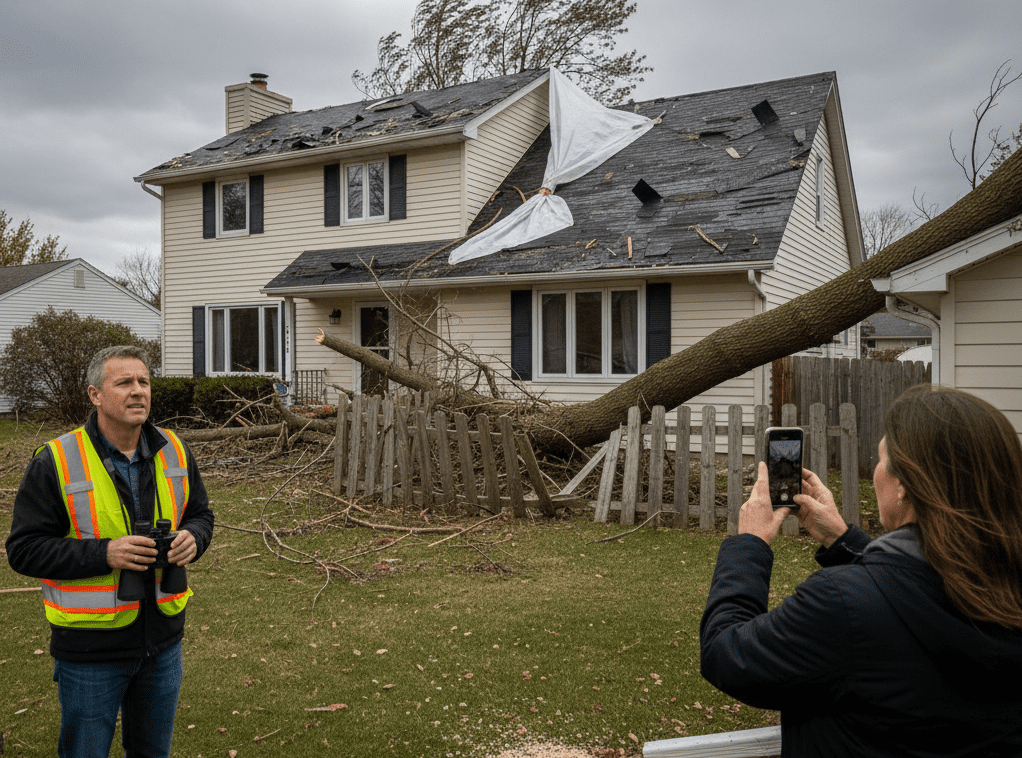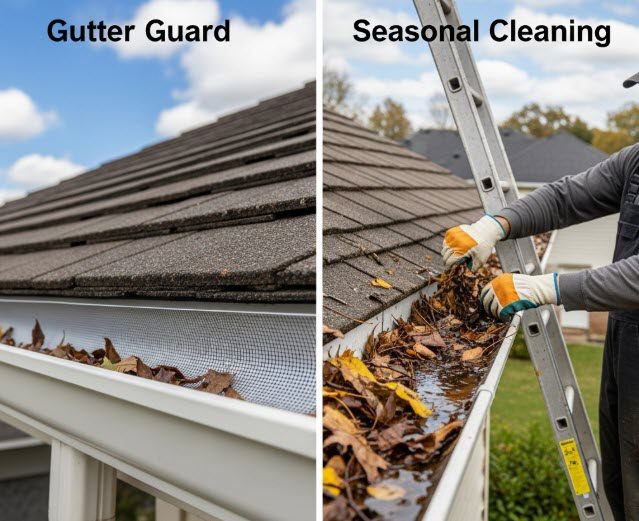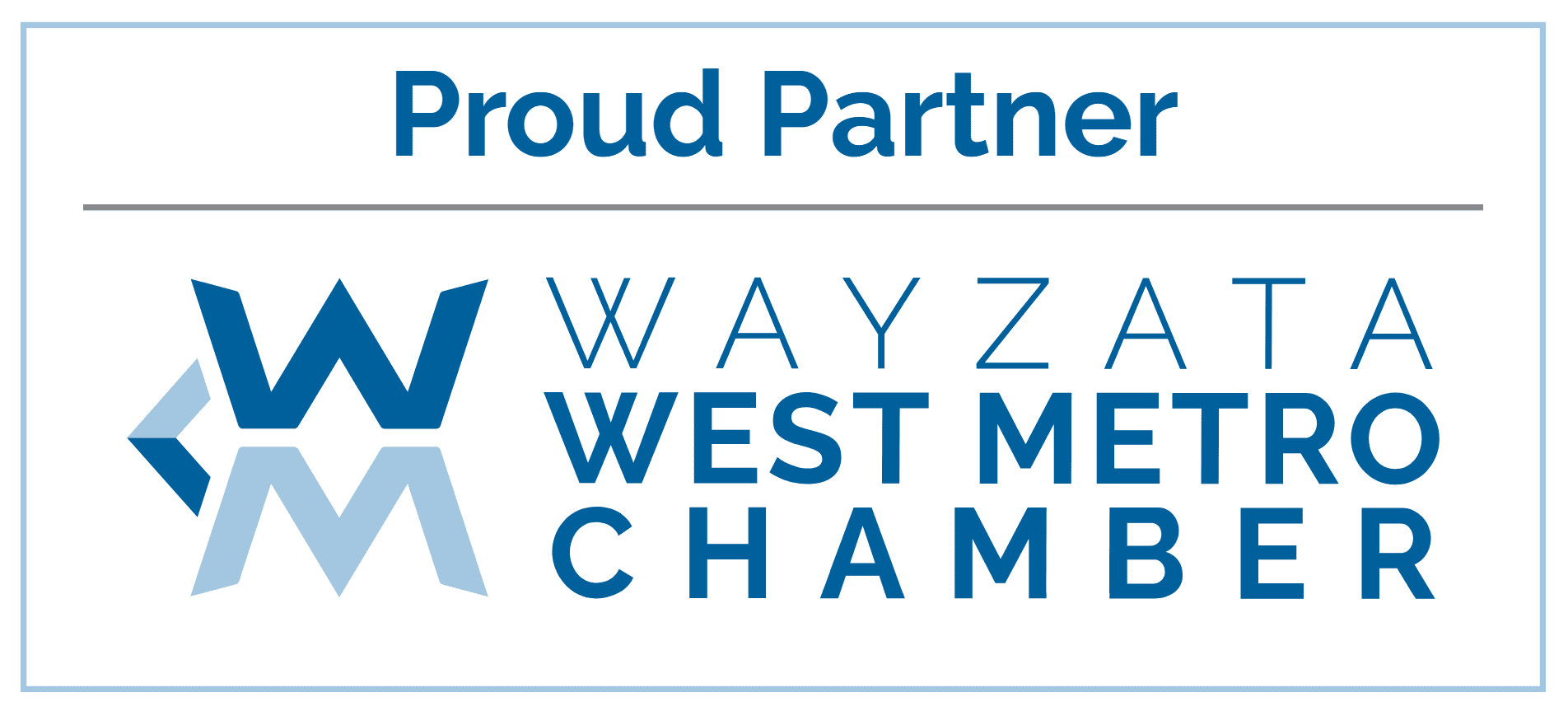Before You Hire a Roofing Contractor: Things to Consider (Updated 2024)
Are you planning a roof repair or replacement? Hiring a roofing contractor is a big decision that can make or break your project. But how do you know which contractor to trust with such an important job? Let’s explore what you should look for when choosing a roofing professional to ensure you get top-notch work and peace of mind.
Basic Qualifications for Hiring a Roofing Contractor
When it comes to finding the right person for the job, there are several key, basic qualifications you should consider. These factors will help ensure you’re working with a professional who can deliver quality results.
| Aspect | What to Watch Out For | Research Tips |
|---|---|---|
| Licensing and Insurance | Ensure the contractor is properly licensed and insured to work in your area. | Verify licenses through your state’s licensing board. Ask for proof of insurance and check with the insurance provider. |
| Experience and Reputation | Look for a contractor with a solid track record and positive reviews. | Check online reviews on sites like Yelp, Google, and Better Business Bureau. Ask for references and follow up with past clients. |
| Written Estimates | Avoid contractors who only provide verbal estimates. | Request detailed written estimates from multiple contractors to compare. Ensure all aspects of the project are included. |
| Contracts | Be wary of vague or incomplete contracts. | Ensure the contract includes all project details, costs, timelines, and warranties. Read and understand every part before signing. |
| Warranties | Not all warranties are the same; some may have limited coverage. | Ask about the warranties on both materials and workmanship. Get all warranty details in writing. |
| Local Presence | Contractors without a local office or history may be less reliable. | Choose a contractor with an established local office and a good reputation in the community. |
| Payment Terms | Avoid contractors who demand full payment upfront. | Agree on a payment schedule tied to milestones. Never pay in full until the project is completed to your satisfaction. |
| Subcontractors | Understand who will actually be performing the work. | Ask if subcontractors will be used and ensure they are also licensed and insured. Meet them if possible. |
| Permits | Ensure the contractor will obtain all necessary permits. | Verify which permits are needed for your project and confirm the contractor will handle the process. |
| Cleanup and Disposal | Some contractors may leave debris behind. | Discuss cleanup and debris disposal upfront. Ensure the contract includes site cleanup responsibilities. |
| Safety Protocols | Safety on the job site is crucial to avoid accidents. | Ask about the contractor’s safety protocols and training. Ensure they follow OSHA guidelines. |
| Communication | Poor communication can lead to misunderstandings and delays. | Choose a contractor who is responsive and clear in their communication. Establish a point of contact. |
| Material Choices | Not all materials are of equal quality. | Research the types of materials the contractor uses. Ensure they meet your quality standards and budget. |
| Timeline | Projects can sometimes drag on longer than expected. | Get a clear timeline for project completion in writing. Ask about potential delays and how they will be handled. |
| Dispute Resolution | Disputes can arise, and it’s important to have a plan. | Ensure the contract includes a dispute resolution process. Understand your options if problems occur. |
Licensing Requirements
First and foremost, make sure any roofing contractor you’re considering is properly licensed. This isn’t just a fancy piece of paper – it’s proof that they’ve met the necessary requirements to operate legally in your area. Licensed roofing contractors have demonstrated their knowledge of local building codes and safety regulations.
Bonding and Insurance: Your Safety Net
Equally important is verifying that the contractor is bonded and insured. Bonding protects you if the contractor fails to complete the job or meet financial obligations. Insurance, on the other hand, covers potential accidents or damages that might occur during the project. Working with insured roofing companies gives you an extra layer of protection and peace of mind.
Benefits of Choosing Licensed Roofing Contractors
Opting for licensed roofing contractors offers several advantages:
- Compliance with local regulations
- Proven expertise and knowledge
- Accountability and professionalism
- Access to proper permits and inspections
Evaluating Roofing Contractor Communication and Professionalism
Good communication is the foundation of any successful project. When hiring a roofing contractor, pay close attention to how they interact with you from the very beginning.
Responsiveness to Inquiries
How quickly do they respond to your calls or emails? A professional roofing company should be prompt in their communication. If they’re slow to get back to you now, it might be a sign of how they’ll handle communication during the project.
Clear and Consistent Communication
Throughout the project, you want a contractor who keeps you in the loop. They should explain the process clearly, update you on progress, and address any concerns you might have. Effective roofing contractor communication can make the difference between a smooth project and a stressful one.
Respect for Your Time and Property
A reputable contractor will respect your schedule and property. They shouldn’t show up unannounced or leave your property in disarray. Look for professionals who:
- Arrive on time for appointments
- Clean up the work area daily
- Take measures to protect your landscaping and outdoor fixtures
Assessing the Size and Stability of Roofing Companies
The size of a roofing company can impact the services they offer and their ability to handle your project. While there’s no one-size-fits-all answer, understanding the differences can help you make an informed decision.
Advantages of Established Roofing Businesses
Larger, more established companies often have:
- More resources to handle multiple projects
- A wider range of expertise among staff members
- Greater financial stability to weather economic downturns
Physical Office and Equipment Considerations
A physical office and proper equipment are good indicators of a company’s stability. When a contractor has an actual office space, warehouse, and their own tools and trucks, it suggests they’re invested in their business for the long haul. This can translate to more reliable roofing services and better support if issues arise down the line.
Comparing Small vs. Mid-Size Roofing Contractors
While smaller companies might offer more personalized service, mid-size contractors often have the best of both worlds. They’re large enough to have substantial resources but may still provide the individualized attention you desire. Consider your project’s scope and complexity when deciding between small and mid-size options.
Key Factors in Choosing a Roofing Contractor
Beyond size and qualifications, there are several other factors to weigh when selecting a roofing professional.
Evaluating Contractor Experience and Expertise
Look for a contractor with a solid track record in the type of roofing work you need. Ask about:
- Years in business
- Specific experience with your roof type
- Ongoing training and certifications
Checking References and Past Project Examples
Don’t just take their word for it – ask for references and examples of completed projects. A reputable roofing business should be happy to provide this information. Contact past clients to get firsthand accounts of their experiences.
Importance of Written Estimates and Contracts
Always get detailed written estimates and contracts. These documents should outline:
- Scope of work
- Materials to be used
- Timeline for completion
- Payment terms
- Warranty information
Roofing Company Red Flags!
Be wary of contractors who:
- Pressure you to sign immediately
- Only accept cash payments
- Offer significantly lower prices than competitors
- Can’t provide proof of insurance or licensing
The Benefits of Hiring Professional Roofing Companies
Choosing a professional roofing company offers numerous advantages that can save you time, money, and headaches in the long run.
Quality of Workmanship and Materials
Professional roofers have access to high-quality materials and the expertise to install them correctly. This means a longer-lasting roof and fewer problems down the line.
Warranty and After-Service Support
Reputable roofing companies often offer warranties on both materials and labor. They’re also more likely to be around to honor those warranties if issues arise in the future.
Peace of Mind and Long-Term Value
Knowing your roof was installed or repaired by qualified professionals gives you peace of mind. It also adds value to your home, which can be beneficial if you decide to sell in the future.
Choosing the right roofing contractor doesn’t have to be a daunting task. By focusing on these key factors – licensing, communication, company stability, and overall professionalism – you’ll be well on your way to finding a reliable partner for your roofing project. Remember, a little due diligence now can save you from potential headaches and ensure you get a roof that will protect your home for years to come.
FAQs
How long should it take to get an estimate from a roofing contractor?
Most professional roofing contractors should be able to provide an estimate within 1-3 business days after inspecting your roof. However, during peak seasons or after major storms, it might take a bit longer.
Is it okay to choose the cheapest roofing contractor?
While cost is a factor, it shouldn’t be the only consideration. Extremely low bids might indicate subpar materials or workmanship. It’s better to focus on value – balancing cost with quality and reputation.
How often should I have my roof inspected?
It’s generally recommended to have your roof inspected once a year or after severe weather events. Regular inspections can catch small issues before they become major problems.
Can I do my own roof repairs to save money?
Unless you have professional roofing experience, it’s best to leave repairs to the experts. DIY repairs can void warranties and potentially cause more damage if not done correctly.
What questions should I ask a roofing contractor before hiring them?
Key questions include: Are you licensed and insured? Can you provide references? What warranties do you offer? How long will the project take? Will you obtain all necessary permits?
Insurance Proceeds Agreements: What to Know
When dealing with repairs or renovations funded by insurance claims, it’s crucial to have a clearunderstanding of what’s involved. This is where an insurance proceeds agreement comes into play.
This legally binding contract between a homeowner and a contractor outlines the terms and conditions for work funded by insurance payouts. It’s different from standard contracts because it specifically addresses insurance-funded repairs.
Key Components of an Insurance Proceeds Agreement
Here’s what you’ll typically find in an insurance proceeds agreement:
- Scope of Work: A detailed description of the repairs or renovations to be completed.
- Payment Terms and Schedule: How and when payments will be made.
- Project Timeline: Expected start and completion dates.
- Insurance Claim Details: Information about the insurance claim covering the work.
- Responsibilities of Both Parties: Clear delineation of what each party is responsible for.
This agreement serves as a roadmap for the entire repair process, ensuring everyone is on the same page from start to finish.
Benefits for Homeowners
You might be wondering, “What’s in it for me as a homeowner?” Let’s break down the advantages:
Protecting Your Rights
By signing an insurance proceeds agreement, you safeguard your interests. The agreement clearly outlines what work will be done, how much it will cost, and when it will be completed. This protects you from potential disputes or misunderstandings down the line.
Clear Terms and Conditions
No more guesswork. The agreement spells out everything in black and white, so you’ll know exactly what to expect throughout the repair process.
Assurance of Professionalism
A contractor who uses an insurance proceeds agreement is likely to be more professional and experienced in handling insurance claims. It shows they’re serious about their work and committed to transparency.

Transparency in the Insurance Claim Process
Insurance claims can be complex, but this agreement provides a clear breakdown of how the insurance payout will be used. This ensures you understand where every dollar is going.
Advantages for Contractors
It’s not just homeowners who benefit from these agreements. Contractors also gain significant advantages:
Demonstrating Professionalism and Commitment
Using a formal agreement shows that contractors are serious about their work. It sets them apart from less professional outfits and builds trust with homeowners.
Protecting Time and Resources
Preparing for a project takes time and money. An agreement ensures that if a contractor invests in preparing estimates, meeting with insurance adjusters, and planning the work, they’re more likely to see the project through to completion.
Streamlining Operations
A standardized agreement helps contractors streamline their operations. It reduces confusion and helps manage expectations from the get-go.
Building Trust with Homeowners
A clear, professional agreement helps build a foundation of trust. It shows the contractor is organized, detail-oriented, and committed to open communication.
The Importance of Professional Documentation
When it comes to insurance claims, documentation is king. Here’s why professional paperwork matters:
Legal Protection
A well-drafted agreement provides legal protection for both the homeowner and the contractor. If disputes arise, you have a clear document to refer back to.
Clarity in Expectations
With everything spelled out in writing, there’s less room for misunderstandings. Both parties know exactly what’s expected throughout the project.
Reducing Potential Disputes
Clear documentation can prevent potential conflicts. When everyone’s on the same page from the start, there’s less likelihood of disagreements during the repair process.
Facilitating the Repair Process
An insurance proceeds agreement doesn’t just sit in a drawer once it’s signed. It actively helps smooth the path of your home repair project:
Outlining the Repair Steps
The agreement typically includes a detailed timeline of the repair process, helping you understand what to expect and when.
Defining Roles and Responsibilities
The agreement clarifies who is responsible for what, ensuring everyone knows their part in the process.
Ensuring Smooth Communication
With roles and expectations clearly defined, communication between all parties – homeowner, contractor, and insurance company – tends to be smoother and more effective.
Conclusion
An insurance proceeds agreement is more than just paperwork – it’s a tool that protects homeowners and contractors alike. It sets the stage for a smooth, transparent repair process, reducing stress and potential conflicts. So next time a contractor asks you to sign one, you’ll know it’s in your best interest to do so.
Remember, when it comes to home repairs and insurance claims, clarity and professionalism are key. An insurance proceeds agreement provides both, making it an invaluable part of the process.
Frequently Asked Questions
Is an insurance proceeds agreement legally binding?
Yes, it is a legally binding contract between the homeowner and the contractor, outlining the terms and conditions of the repair work covered by the insurance claim.
Can I negotiate the terms of an insurance proceeds agreement?
Absolutely. Like any contract, the terms can be negotiated. If there’s something you’re unsure about or would like to change, discuss it with your contractor before signing.
What happens if the actual repair costs exceed the amount in the agreement?
This should be addressed in the agreement itself. Usually, there’s a clause that covers unexpected costs or changes to the scope of work. If additional costs arise, the contractor should discuss this with you and the insurance company before proceeding.
Do all contractors use insurance proceeds agreements?
Not all contractors use these agreements, but many professional and experienced contractors do. It’s often a sign of a well-organized and reputable business.
What should I do if a contractor refuses to sign an insurance proceeds agreement?
If a contractor refuses to sign, it might be a red flag. Consider discussing your concerns with them and exploring other contractors who are willing to work under a formal agreement.
